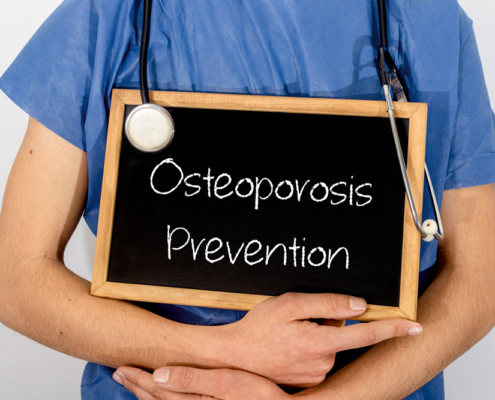Geriatric Registered Dietitian in Long Island, New York State Certified Dietitian-Nutritionist for Senior Wellness
The importance of geriatric nutrition has become increasingly evident as older adults face unique challenges related to their nutritional needs, health conditions, and lifestyle changes. The primary goal of geriatric nutrition is to support health, independence, and quality of life by preventing chronic diseases, maintaining cognitive function, and promoting overall well-being. Adapting to life’s changes includes making thoughtful adjustments to diet and nutrition.



